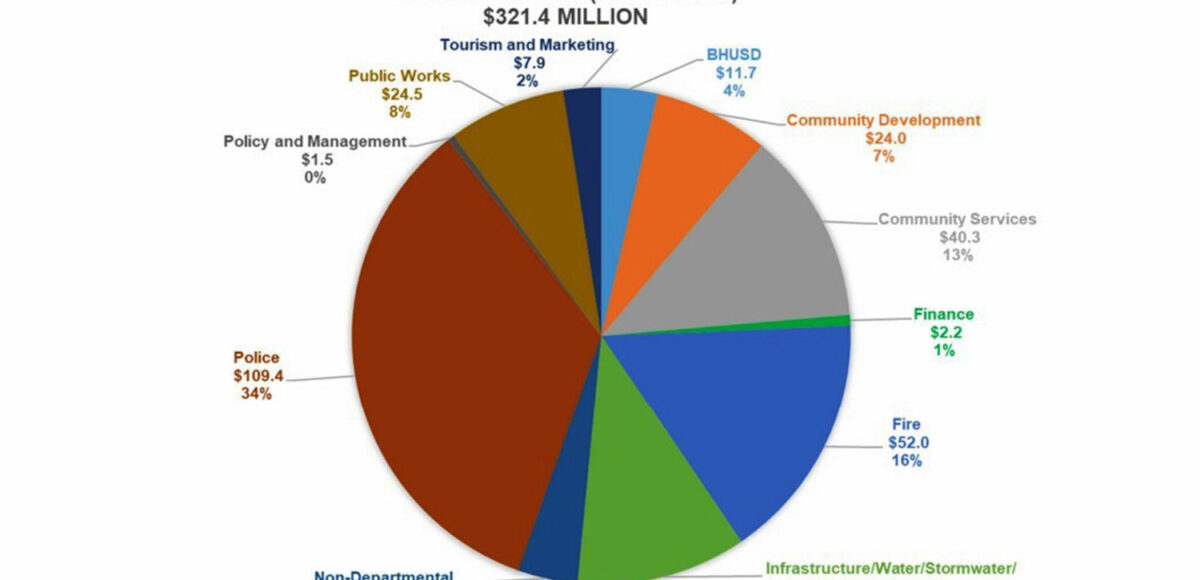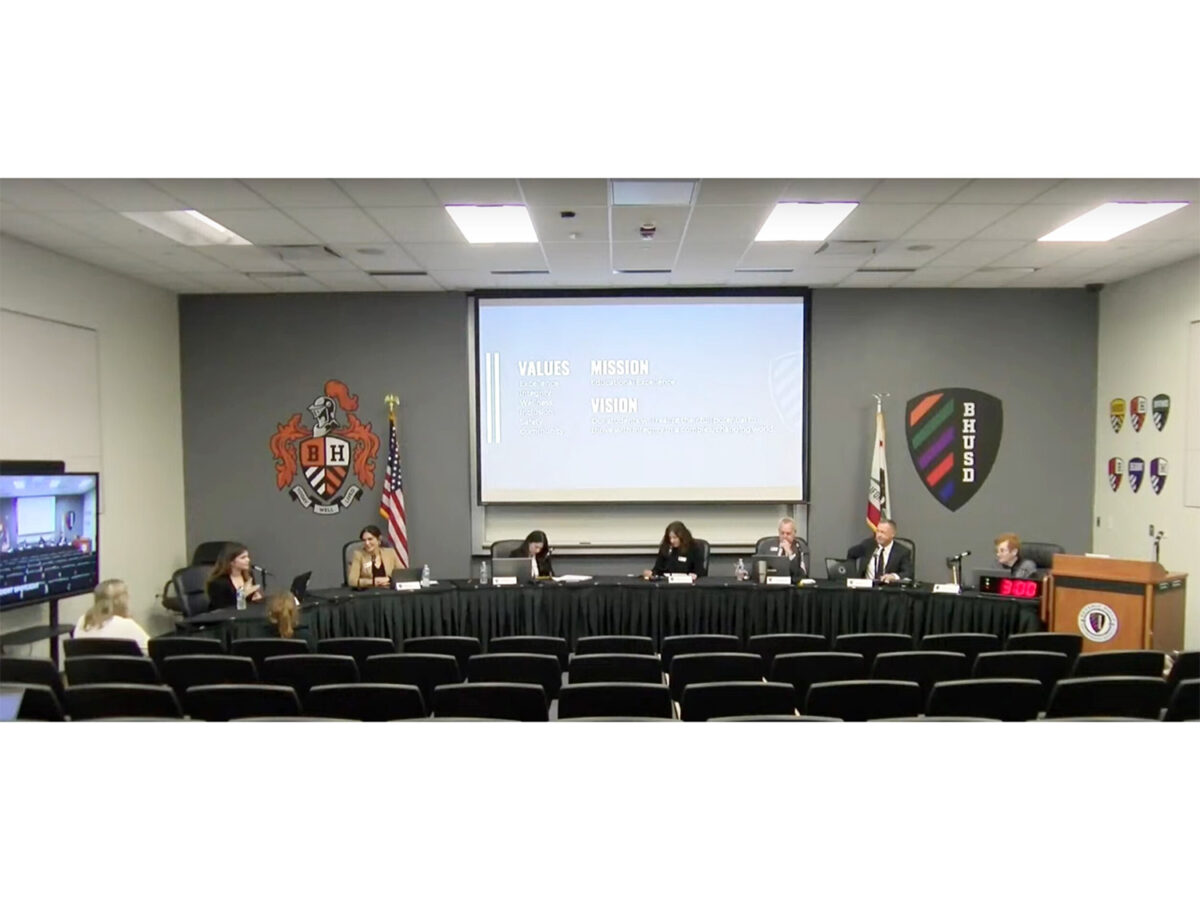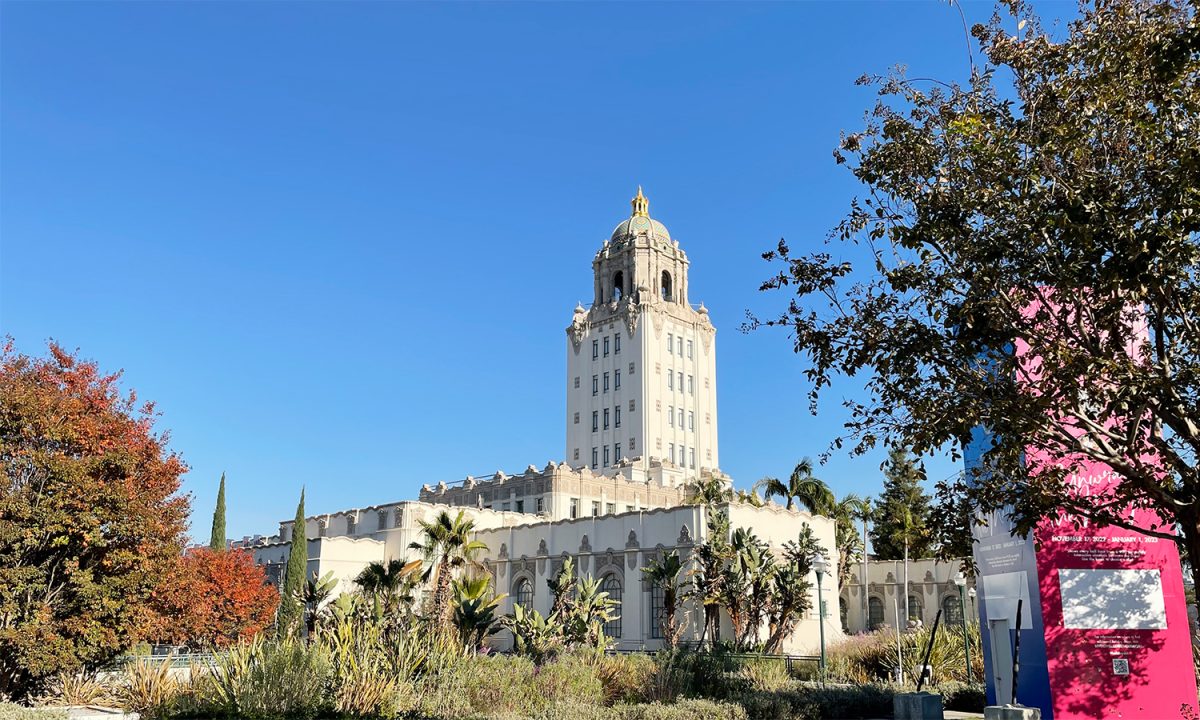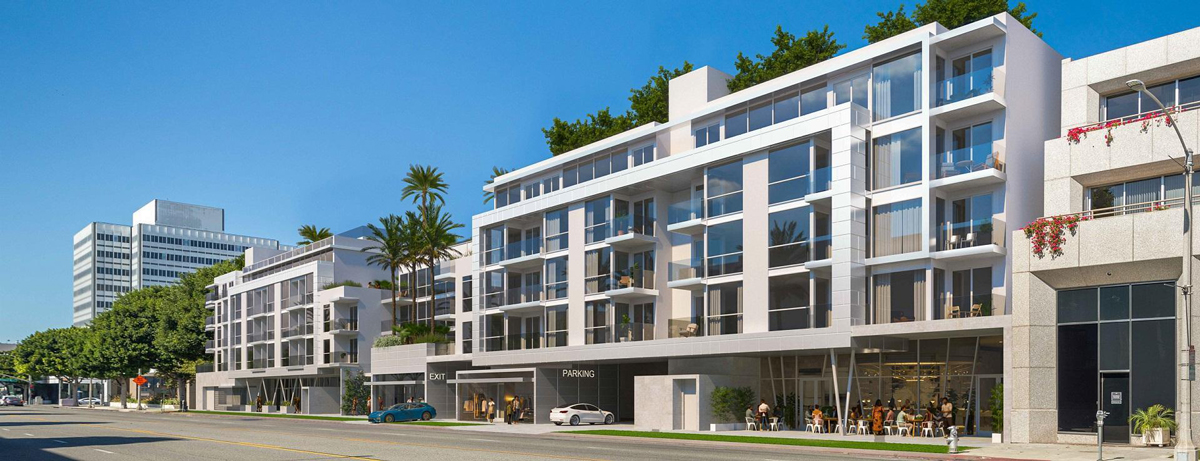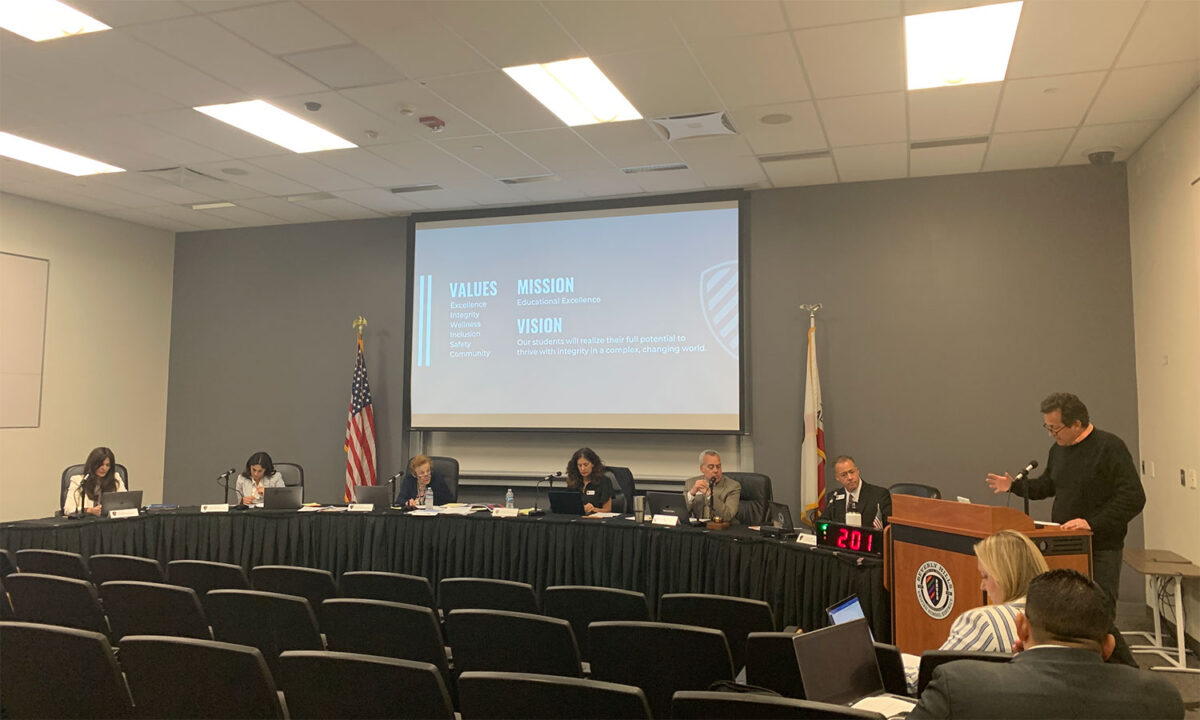With flush coffers thanks to a post-pandemic boom in revenue, the Beverly Hills City Council adopted a $626.3 million budget for fiscal year 2023 to 2024 that preserves all existing services and provides new investments in public safety and infrastructure.
The council voted 4-1 to approve the budget at its June 27 regular meeting, with Councilmember John Mirisch casting the sole dissenting vote. Mirisch felt that the budget doesn’t focus enough on affordable housing and cost-effective spending.
In the upcoming fiscal year, the city anticipates an 11.6% increase in general fund revenues. This boost is due to strong projections in all of the city’s key revenue sources including $101.1 million in property tax, $58 million in business tax, $49.5 million in transient occupancy or “hotel room” tax, and $44.9 million in sales tax. in sales tax, and $45.3 million in transient occupancy or “hotel room” tax.
As a result of this revenue increase, the city has added 53 enhancements to this year’s budget totaling $13.9 million.
These enhancements will help cover increasing costs due to inflation, the return of programs suspended during the COVID-19 pandemic and the addition of new programs and services.
Approximately half of these new costs will go to the police department in line with the council’s priority of providing world class public safety to the city of Beverly Hills. This money will enable three new police positions and investments in red light camera operations, police vehicles and drone technology, among other programs.
The rest of the budget enhancements are spread across a variety of departments with highlights including more private security for the city, several new positions focused on sustainability efforts, and more funding for the library and youth programming.
The city has also allocated $92.4 million to capital improvement projects. A chunk of this money will also be spent on public safety as the city installs more CCTV cameras and automatic license plate readers to augment the BHPD’s Real Time Watch Center surveillance program.
Other key capital improvement investments include new reservoir management systems, upgraded traffic signals, more speed humps, the installation of new meters to detect water leaks and renovations in City Hall.
The budget was carefully crafted with feedback from the council, the Planning Commission and key stakeholders during six meetings from December 2022 through this June. It was informed by the seven new priorities and 45 ongoing priorities adopted by the council, which lay out goals for strengthening public safety, infrastructure, transportation, housing, arts and culture, community engagement and the business community.
“I want to thank staff for doing an excellent job with this budget,” said Mayor Dr. Julian Gold, “We’ve been kept incredibly well informed during this entire process and I will be fully supportive of this budget.”
Mirisch also expressed his gratitude towards city staff but said he could not support the budget as proposed.
“I do feel we still have a way to go to do a better job of providing better value for taxpayer dollars,” he said. “I’m glad to see we’re making progress on affordable housing, but I think there needs to be more in the budget for that considering the environment we live in.”
While the budget was crafted in light of the city’s current rosy financial fortune, council is aware that cloudy economic days may lurk ahead.
Potential challenges include uncertainty over how the prolonged Russian invasion of Ukraine will continue to impact global supply chains as well as a fear that the Federal Reserve’s decision to raise interest rates to try and slow decades-high inflation will lead to a recessionary period.
One of Gold’s key goals for his term is to take a serious look at the city’s long-term financial fortunes and ensure that there are plans in place for any potential road bumps. To that end he has commissioned a Blue-Ribbon Committee led by the city treasurer and staff to closely study the city’s current and projected finances.



